Apple vs the headphone jack: a terrible design decision waiting to happen
This article may contain personal views and opinion from the author.
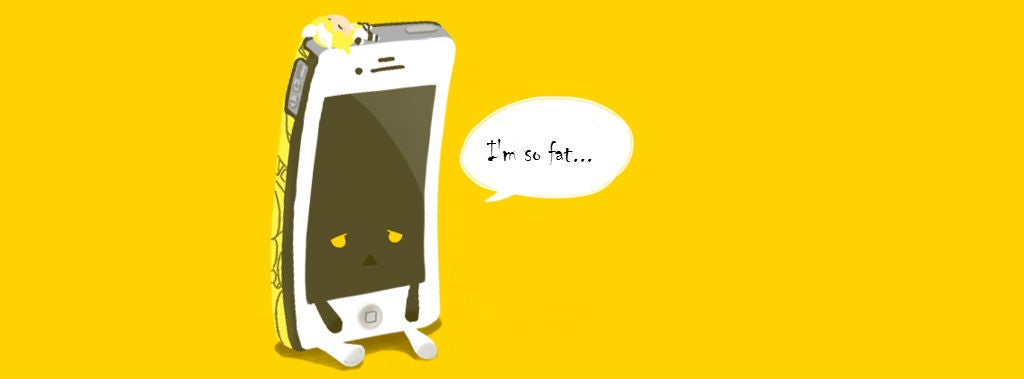
Of course, this alone doesn't necessarily mean that the technology deserves to survive. Apple has a long history of killing off technologies that had a nice long run of success but eventually became unnecessary. Apple computers were the first to ditch floppy disk drives in favor of optical disk drives and then abandon optical disk drives in favor of USB or digital downloads. Apple was also the first to forgo telephone modem jacks in favor of LAN cable jacks, and then drop those because Wi-Fi was everywhere. The iPhone itself even left behind popular physical keyboards in favor of a full touchscreen panel.
The last of those examples is the only time where there wasn't a proven technology to take over. Steve Jobs was simply confident that touch would be better than physical keyboards and forced that idea onto Apple customers. That bet worked out in the end, but the potential plan to remove the 3.5mm headphone jack from the iPhone doesn't have a really good parallel to any of these examples anyway.
Wired vs wireless
The difference here is that while there is a solid technology that can replace the 3.5mm headphone jack (Bluetooth), plenty of people not only still choose wired headphones over Bluetooth, but prefer wired to wireless. To be clear, I'm not saying that wired is better, just that it is still a viable choice. Floppy disks and optical disks had inevitable deadlines on usefulness as the Internet took over and connection speeds got faster. The same isn't quite true of wired headphones, and Apple is admitting that, because it actually would be trading 3.5mm jack headphones for Lightning plug headphones (more on that later).

It is true that wireless headphones have overcome a lot of the pitfalls of the past - the prices have dropped, the quality is good enough, and Bluetooth is ubiquitous enough - to mean that wired isn't objectively better, but it also means wireless isn't objectively better either. In terms of convenience, consumers choose between having to untangle wires or worry about charging the wireless. But wireless has a minor benefit of letting you wander away from your phone (to a certain distance), and the minor downside of compatibility issues (I have had to give up wireless headphones I loved because my new phone didn't support the older Bluetooth spec anymore.)
Quality will always depend on the make and price point, but the majority of users will be able to find options both wired or wireless where there is no real difference in sound quality between the two. If you are an audiophile though, wired might still be the way to go, because of the Bluetooth standard itself. Bluetooth is in everything, but it simply can't carry the bandwidth of data that a wire can, so for the very best quality, you either need a wire or an adapter for a higher bandwidth wireless protocol, which is its own trouble.
Ultimately, neither is inherently better or worse, it's just a personal choice; and, that's not enough to justify Apple potentially killing off the standard jack.
Apple's reasoning (and justification)
Apple reasoning for doing this aren't terribly difficult to figure out, of course: it wants control and user lock-in. Forcing accessory makers to use its proprietary Lightning connector gives Apple more control (and money). And, if users do pony up for Lightning headphones rather than using an adapter or Bluetooth headset, that's an implicit act proving that user won't be leaving the Apple ecosystem any time soon (at least until Apple replaces the Lightning port).
The company will spin the change as a benefit to users in a number of ways, none of which will really be outright benefits. Apple will very likely use the removal of the 3.5mm jack as a way to make the iPhone even thinner and lighter, which is the same anorexic compulsion that the company has had for years. However, customers have consistently said that thinner and lighter is not a benefit when you consider that a thicker device could hold a bigger battery and eliminate any worries over iPhones dying. But, Apple has proven time and again that it prefers the "wow-factor" of unveiling a thin and light device compared to offering the battery life users want. (Not to mention, then the company couldn't sell extra charging cables that you carry around or even the new (and badly designed) battery case.)
Apple will also claim that headphones using the Lightning port rather than the 3.5mm jack will be capable of more advanced audio features by taking advantage of Apple’s MFi (Made For iOS) Advanced Lightning Headphone development. This means some Lightning headphones will be capable of more sophisticated features, including digital signal processing to shape the sound, using the iPhone for active noise cancelling rather than requiring it be built-in to the headphones, or including onboard digital-to-analog conversion.
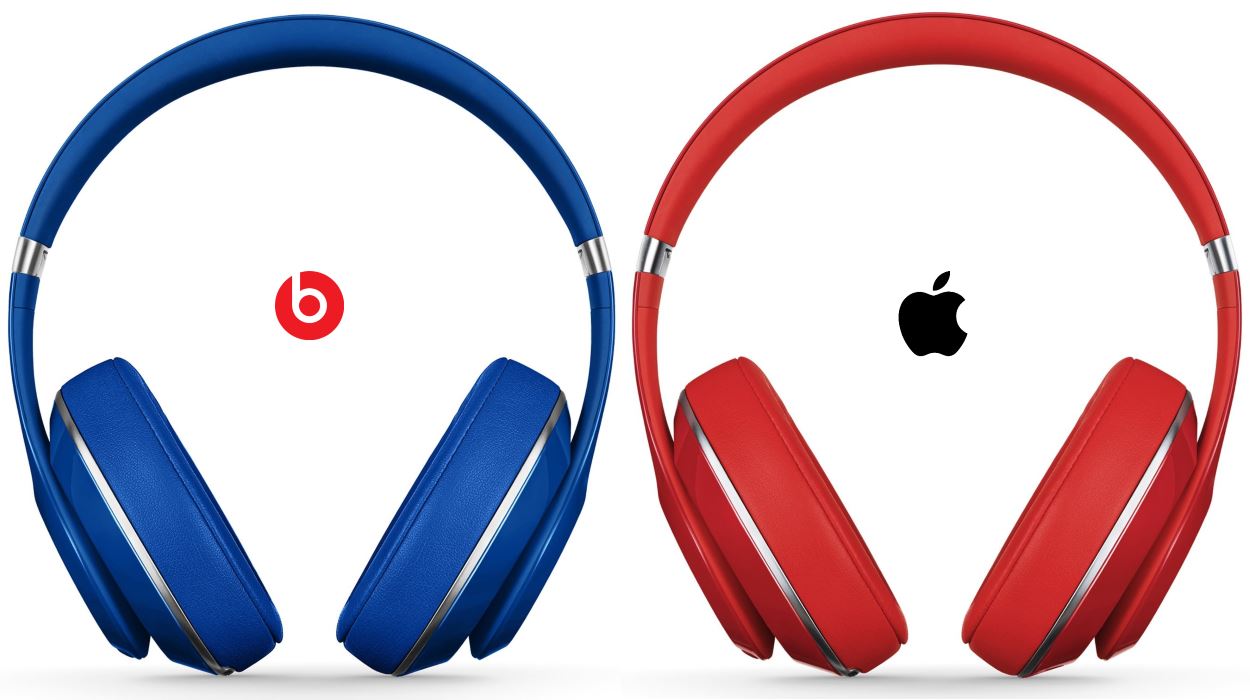
That sounds all well and good until you remember the other side of it: even if you don't want those advanced features, but you want wired headphones, you'll be forced to buy either: 1) a Lightning to 3.5mm adapter, 2) Lightning headphones either through Apple (expensive) or 3) headphones through a third-party manufacturer that will need to pay Apple a license fee in order to use Lightning (and that fee will be passed along to customers in the price of the goods). No matter what, all roads go through Apple.
Suddenly, the Beats purchase has a whole new range of implications, doesn't it?
A matter of trust
One last question, and one that I'm a bit surprised to be asking of Apple given the company history, but can we trust Apple's design decisions anymore? The company was once known as the pinnacle of hardware design, and the company still knows how to make impressive hardware, but it also has a worrying line of very bad design choices of late, like:
- The new Magic Mouse 2 has the charging port on the bottom, making the mouse impossible to use while charging.
- The way to charge the Apple Pencil with the iPad Pro is to have it sticking out the side in a way that seems very easy to lead to a broken Pencil or Lightning port.
- The keyboard attachment for the iPad Pro has no backlight, no adjustable hinge, and no iOS function keys.
- The iPhone 6s Smart Battery case is not only quite ugly, but the battery level indicator is inside the case and you can't choose to save the charge. It will automatically start charging your phone the second you put it on.
- The Apple Watch is a confused mess of design with too many input options and no intuitive way to understand how or when to use any of them.
These are all issues that a company like Apple should know how to avoid. So, can we really trust the design choice to take away the industry standard 3.5mm headphone jack with no good reason?
Conclusion
It should also be noted that the headphone jack on a smartphone isn't only used for delivery of audio information, meaning headphone makers won't be the only ones affected if Apple removes the 3.5mm headphone jack. The more well-known devices that use the headphone jack are the Square and PayPal credit card readers for your phone, but there are also other devices like laser pointers, mini fans, universal remote adapters, camera flash accessories, and myriad decorative accessories that all fit in the headphone jack. All of those need to either disappear or pay Apple to use the Lightning port instead.
But, Apple won't care. Maybe the company will even mitigate the inevitable outrage by including a 3.5mm to Lightning adapter with each iPhone. It would be a small gesture that would cost Apple a tiny bit in the short term, but would placate customers long enough until they are forced to buy new headphones. And, at that point, wouldn't you prefer a nice pair of Beats anyway?
Follow us on Google News





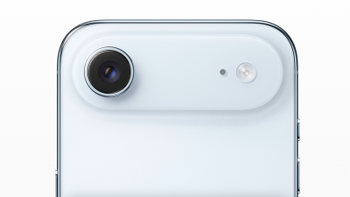
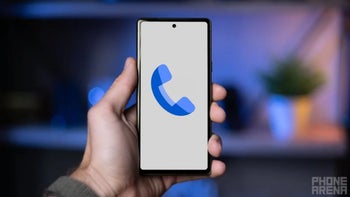

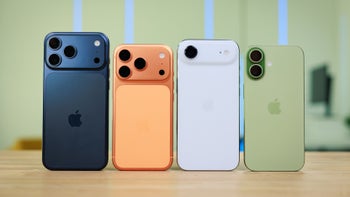
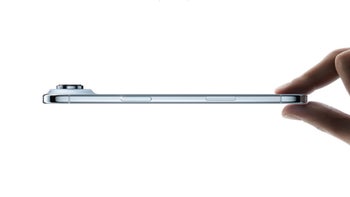
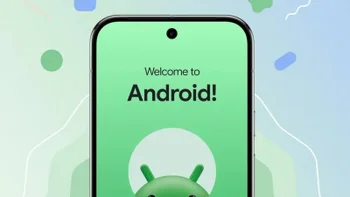

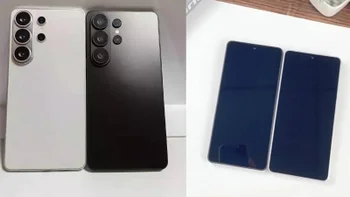
Things that are NOT allowed:
To help keep our community safe and free from spam, we apply temporary limits to newly created accounts: